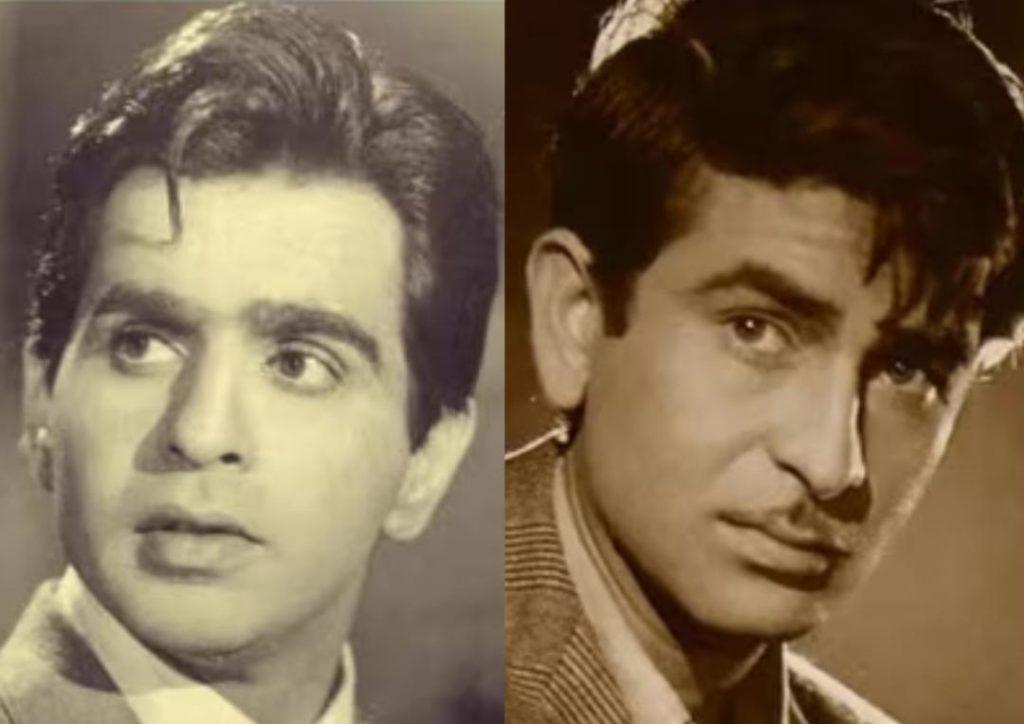
Dilip Kumar & Raj Kapoor’s Homes in Pak to be Turned into Museums
The world of cinema has always been a reflection of our culture, traditions, and values. Bollywood, in particular, has been a significant part of Indian entertainment, giving us some of the most iconic actors and actresses. Two of the most legendary actors of Bollywood, Dilip Kumar and Raj Kapoor, have left an indelible mark on the industry. Now, their ancestral homes in Peshawar, Pakistan, are set to be renovated and turned into museums, a move that will not only preserve their legacy but also attract tourists to the region.
According to recent reports, the Khyber Pakhtunkhwa government has announced plans to renovate and turn Dilip Kumar’s and Raj Kapoor’s ancestral homes into heritage museums. The construction is expected to take place over the next two years and will cost an estimated ₹7 crore. The Director of Archaeology, Dr. Abdul Samad, revealed that the project aims to make these cultural landmarks focal points for tourists.
Dilip Kumar’s ancestral home, located in Qissa Khawani Bazaar, Peshawar, is a two-story building that has been in the family since 1930. The legendary actor was born as Muhammad Yusuf Khan in Peshawar in 1922 and went on to become one of the most iconic actors of Bollywood, known for his versatility and range. He has appeared in over 60 films, including classics like “Andaz”, “Mughal-e-Azam”, and “Ganga Jamuna”.
Raj Kapoor’s ancestral home, located in Bhati Gate, Peshawar, is a three-story building that has been in the family since 1920. Raj Kapoor, born as Ranbir Raj Kapoor, was a legendary actor, director, and producer who is often referred to as the “showman” of Bollywood. He has appeared in over 60 films, including classics like “Awara”, “Shree 420”, and “Mera Naam Joker”.
The decision to turn their ancestral homes into museums is a significant step towards preserving the cultural heritage of Pakistan and promoting tourism in the region. The construction of these museums will not only provide a glimpse into the lives of these legendary actors but also offer a unique opportunity for visitors to explore the rich cultural heritage of Pakistan.
The Khyber Pakhtunkhwa government’s initiative to develop these cultural landmarks into tourist attractions is a welcome move, considering the potential benefits it can bring to the local economy. The region has a lot to offer in terms of cultural and historical significance, and initiatives like this can help promote tourism and create jobs for the local community.
In recent years, Pakistan has seen a surge in tourism, with visitors from around the world flocking to the country to experience its rich cultural heritage. The government’s efforts to promote tourism and develop cultural landmarks into tourist attractions are a significant step in the right direction.
The renovation of Dilip Kumar’s and Raj Kapoor’s ancestral homes will not only be a tribute to the legendary actors but also a celebration of the cultural ties that exist between India and Pakistan. Despite the political tensions between the two countries, the shared cultural heritage of Bollywood has always been a source of unity and strength.
The construction of these museums will provide a unique opportunity for visitors to experience the rich cultural heritage of Pakistan and learn about the lives of these legendary actors. The museums will feature exhibits and artifacts that showcase the lives and careers of Dilip Kumar and Raj Kapoor, as well as the cultural and historical significance of the region.
In conclusion, the decision to turn Dilip Kumar’s and Raj Kapoor’s ancestral homes into museums is a significant step towards preserving the cultural heritage of Pakistan and promoting tourism in the region. The construction of these museums will provide a unique opportunity for visitors to experience the rich cultural heritage of Pakistan and learn about the lives of these legendary actors. With an estimated cost of ₹7 crore and a construction period of two years, this project is set to become a cultural landmark in Peshawar, attracting tourists and promoting cultural exchange between India and Pakistan.
News Source:






